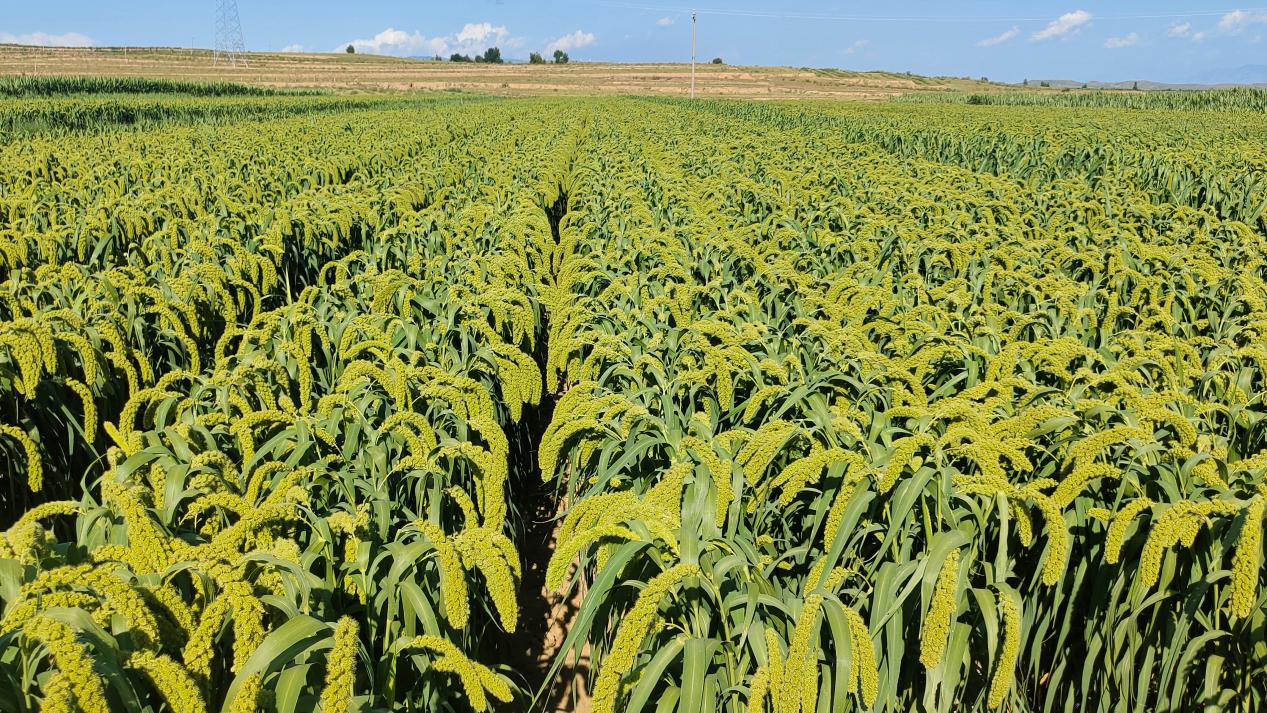
Oct . 10, 2024 13:24 Back to list
best organic fertilizer for corn plants
The Best Organic Fertilizer for Corn Plants
Corn, one of the most widely cultivated crops in the world, thrives under optimal conditions and nutrient availability. As organic farming practices gain popularity, finding the best organic fertilizer for corn plants not only enhances yield but also promotes sustainable agricultural practices. In this article, we’ll explore some of the best organic fertilizers for corn, their benefits, and how to use them effectively.
Understanding Corn Nutrient Requirements
Corn plants require a range of macronutrients—nitrogen (N), phosphorus (P), and potassium (K)—along with secondary nutrients and micronutrients for healthy growth. Nitrogen is crucial for leafy growth, phosphorus supports root development and crop maturation, and potassium enhances drought resistance and disease resilience. Therefore, selecting a fertilizer that supplies these nutrients in an organic form is crucial for successful corn cultivation.
Benefits of Organic Fertilizers
Organic fertilizers offer several advantages over synthetic options. They improve soil structure and composition, promote microbial activity, and reduce the risk of nutrient runoff and leaching. Organic fertilizers release nutrients slowly, providing a continuous supply that aligns with the plants’ growth cycle. Moreover, using organic fertilizers helps maintain environmental health and contributes to a sustainable agricultural system.
The Best Organic Fertilizers for Corn
1. Compost
Compost is one of the most versatile organic fertilizers available. It is rich in essential nutrients and improves soil structure. When applied to corn plants, compost can enhance water retention and promote healthy microbial life in the soil. It is best used in the fall or early spring before planting to allow time for nutrient release.
2. Well-Rotted Manure
Animal manure, particularly from cows, horses, and chickens, is an excellent source of nutrition for corn plants. Well-rotted manure provides substantial amounts of nitrogen, phosphorus, and potassium. It also adds organic matter to the soil, enhancing its fertility and structure. However, it’s essential to apply manure that has been composted or aged to avoid burning the plants due to excess nitrogen or pathogens.
3. Bone Meal
best organic fertilizer for corn plants

Bone meal is a slow-release organic fertilizer that provides a concentrated source of phosphorus, promoting strong root development and flowering. First-time corn growers are often advised to use bone meal at planting time or during the early growth phase. A common application rate is around one to two tablespoons per planting hole.
4. Blood Meal
For corn plants requiring an extra boost of nitrogen, blood meal serves as a potent organic fertilizer. Derived from animal blood, it offers a quick-release nitrogen source, enhancing leaf growth and overall vigor. However, care should be taken when applying, as excessive nitrogen can lead to lush foliage at the expense of ear development. A side dressing of blood meal during the growing season can provide the necessary nitrogen without over-fertilizing.
5. Fish Emulsion
Fish emulsion is made from decomposed fish and is rich in nitrogen and micronutrients. It acts as a fast-acting fertilizer, making it ideal for a quick boost during the growing season. This liquid fertilizer can be diluted with water and applied either as a foliar spray or soil drench, promoting robust growth and improved nutrient uptake.
6. Kelp Meal
Kelp meal is another organic option that provides not only potassium but also trace minerals and growth hormones beneficial to corn plants. It supports root development and improves overall plant health. Kelp meal can be mixed into the soil prior to planting or applied as a top dressing later in the season.
Application Tips
When applying organic fertilizers, it’s essential to conduct a soil test to determine nutrient levels and deficiencies. This will guide you in selecting the right type and amount of fertilizer. Generally, it is advisable to follow the manufacturer’s recommendations and to apply fertilizers at the beginning of the growing season or during key growth phases.
Conclusion
Choosing the right organic fertilizer for corn plants can significantly impact growth and yield. By utilizing a combination of compost, well-rotted manure, bone meal, blood meal, fish emulsion, and kelp meal, gardeners can create a nutrient-rich environment that not only supports corn’s needs but also enhances soil health. This holistic approach promotes sustainable farming practices while ensuring a thriving corn crop. Happy planting!
-
10 10 10 Fertilizer Organic—Balanced NPK for All Plants
NewsJul.30,2025
-
Premium 10 10 10 Fertilizer Organic for Balanced Plant Growth
NewsJul.29,2025
-
Premium 10 10 10 Fertilizer Organic for Balanced Plant Growth
NewsJul.29,2025
-
Premium 10 10 10 Fertilizer Organic for Balanced Plant Growth
NewsJul.29,2025
-
50 Pound Bags of 13-13-13 Fertilizer for All Plants – Bulk & Organic Options
NewsJul.28,2025
-
High-Efficiency 15-30-15 Granular Fertilizer for Healthy Crops
NewsJul.28,2025
